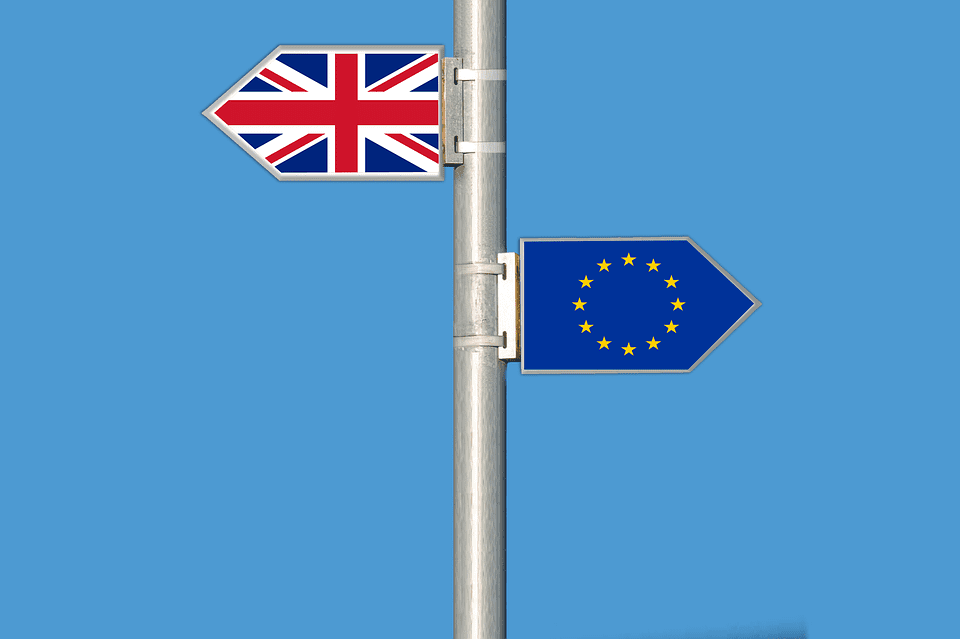 Despite suggestions from polling organisations (and bookmakers) that the lead of the Conservatives was shrinking, support for Labour was rallying and a hung parliament was a realistic possible outcome, in the event, the Conservative Party has been returned to government with a significant majority.
Despite suggestions from polling organisations (and bookmakers) that the lead of the Conservatives was shrinking, support for Labour was rallying and a hung parliament was a realistic possible outcome, in the event, the Conservative Party has been returned to government with a significant majority.
At the time of writing, 649 of 650 seats have been declared. The Conservative party has taken 364 to Labour’s 203, giving them an absolute majority in the Commons (326 seats is needed for a majority). They have a working majority (currently) of 79 seats which means that they will be able to push through their legislative agenda with ease.
In terms of Brexit, it now seems certain that the UK will formally leave the EU at the end of January 2020 under the terms of the EU Withdrawal Bill drawn up by Boris Johnson. This will trigger a transitional period during which the UK will continue as if it is a member of the bloc, benefit from membership of the Single Market and Customs Union, but have no say in the affairs of the EU whilst continuing to contribute to its budget. This period runs until the end of next year and can be extended if both parties agree. However, during the election campaign (and in his leadership election), Boris Johnson was at pains to pledge that he would not extend this period.
The UK and the EU have only agreed on the conditions of the UK’s separation from the bloc. The next phase of Brexit is the negotiation of the trading relationship between the two and the extent to which the UK will diverge from EU standards on goods, workers’ rights and environmental standards. This will be the tricky bit. The EU is the UK’s nearest and most important trading partner, so any divergence from the status quo will strain business links between the two and inhibit “frictionless trade” which is critical to many businesses (notably the car and aerospace industries which involve high degrees of European integration). However, the USA wants to set a free trade agreement with the UK and would expect US agricultural products (for instance) to enjoy greater penetration into the UK market. Since US agricultural standards relating to, for instance, the use of hormones in rearing animals and the use of a chlorine wash for slaughtered poultry carcasses, they do not meet current EU standards. Should the UK budge, its agriculture may struggle for access to the EU.
“Get Brexit done” was never more than a slogan. Johnson now has to deal with the nitty-gritty of the process which is usually lengthy and complex. Unless he shifts the UK’s position meaning that it will remain much closer to the EU (BINO – Brexit in name only), he risks missing the deadline of next summer when an extension to the transitional period would need to be agreed. Should this happen, the UK would end the transitional period with no deal in January 2021.
